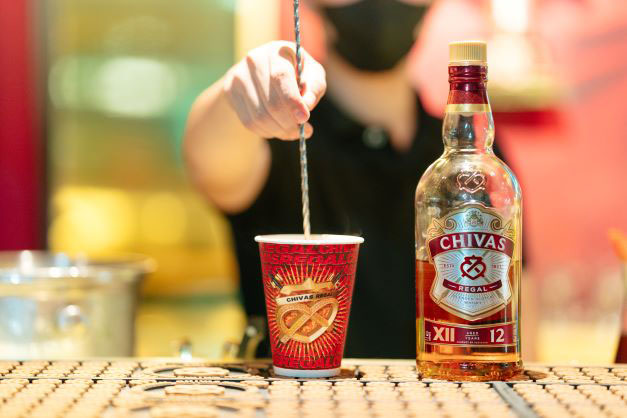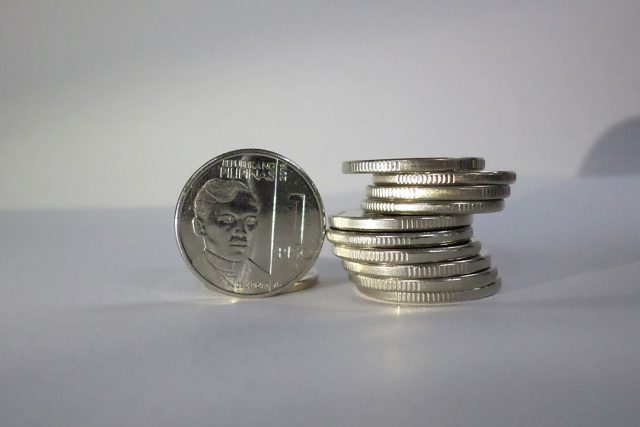Meralco targets its fleet to be 25% EVs by 2030
MANILA Electric Co. (Meralco) is targeting to transition at least 25% of its fleet to electric vehicles (EVs) by the end of 2030 to comply with the government’s mandate.
“[Our goal] before the end of this decade is at least 25%, by the end of 2030, at least 25% of our fleet,” Meralco First Vice President and Chief Sustainability Officer Raymond B. Ravelo said on the sidelines of the launch of an EV charging station in Robinsons Galleria.
To make this happen, Meralco has partnered with car companies through its end-to-end EV solutions subsidiary, eSakay, Inc.
“eSakay is an integrator. So as an integrator, we work with suppliers of electric vehicles and charging infrastructure. Basically, we work closely with all of them,” Mr. Ravelo said.
According to the Electric Vehicle Industry Development Act (EVIDA), the government and private companies are required to meet a 5% quota on their vehicle fleets.
In addition to this, buildings constructed from the passage of the law must dedicate 5% of their parking slots to EVs with installed charging stations in parking lots and gasoline stations.
EVIDA also requires the creation of green routes in cities and municipalities and has pushed forward fiscal and non-fiscal incentives for EV manufacturing, importation of charging stations, and the use of EVs.
According to Mr. Ravelo, the law could mandate higher requirements to push the government’s sustainability initiative forward.
“For me, I hope it was [as high as] possible. But obviously, it has to also work not only economically [through securing the affordability of the] vehicles, but at the same time operationally,” Mr. Ravelo said.
“We need to understand the operational requirements of different institutions and if it fits their operations which I think it will, then they can deploy more [EVs],” he added.
At present, the company has reached its 2022 target of 7% to 8% of its fleet transitioning to EVs.
Power distributor Meralco has subsidiaries in engineering and consulting, construction, bills payment, and other electricity-related services.
Its controlling stakeholder, Beacon Electric Asset Holdings, Inc., is partly owned by PLDT, Inc. Hastings Holdings, Inc., a unit of PLDT Beneficial Trust Fund subsidiary MediaQuest Holdings, Inc., has an interest in BusinessWorld through the Philippine Star Group, which it controls. — Justine Irish D. Tabile














